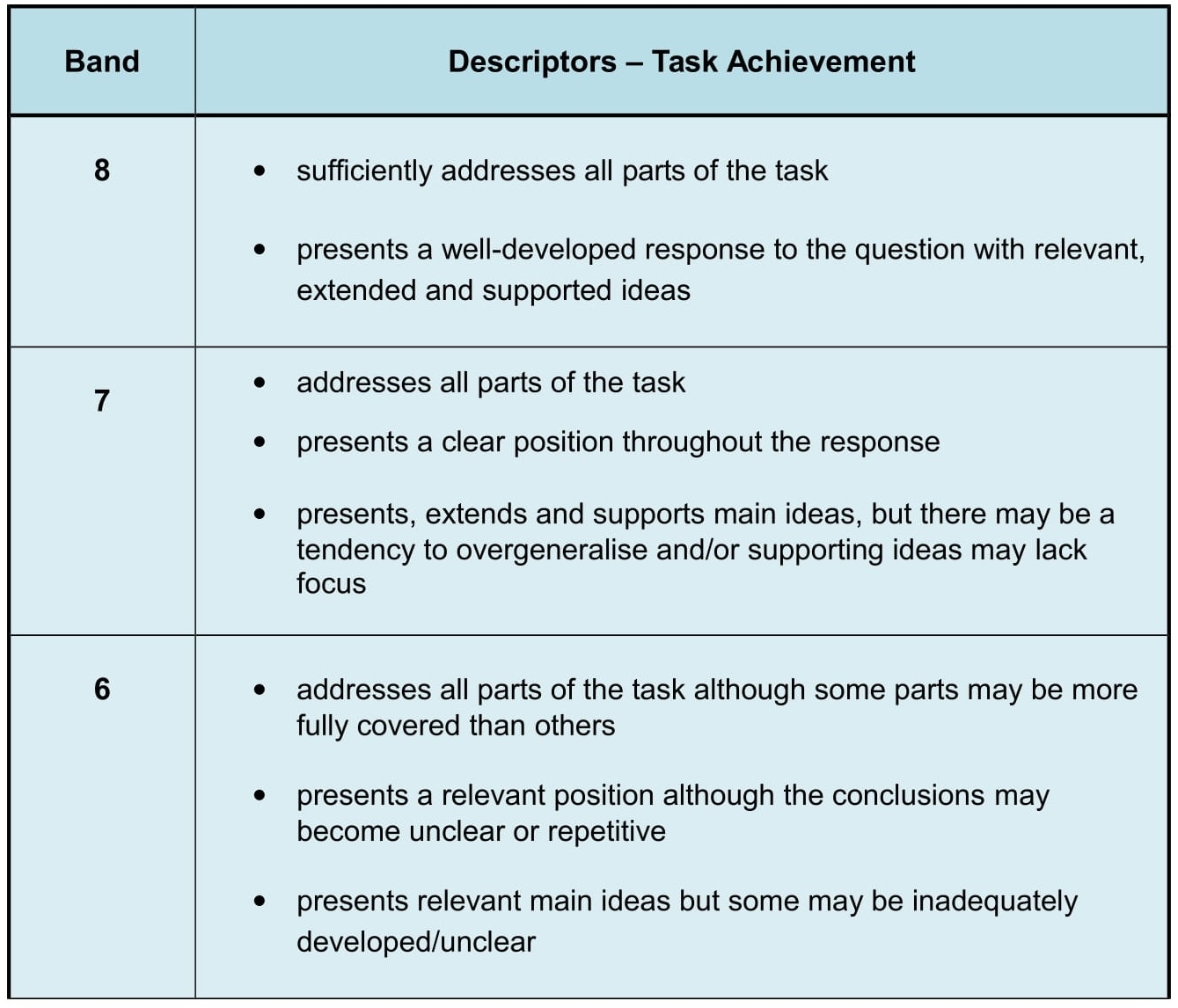When it comes to taking the IELTS exam, understanding the scoring scheme is crucial. The International English Language Testing System (IELTS) is a standardized test that measures English language proficiency for non-native English speakers. It is widely recognized and accepted by universities, employers, and immigration authorities around the world. Knowing how the scoring works can help test-takers prepare effectively and achieve their desired scores.
The IELTS exam consists of four sections: Listening, Reading, Writing, and Speaking. Each section is scored on a scale of 0 to 9, with 0 being the lowest and 9 being the highest. The overall band score is the average of the four individual section scores, rounded to the nearest half band. Understanding how each section is scored can help test-takers focus on their strengths and weaknesses to improve their overall band score.
IELTS Scoring Scheme
In the Listening and Reading sections, test-takers receive a raw score based on the number of correct answers. This raw score is then converted to a band score using a conversion table. In the Writing and Speaking sections, examiners assess test-takers based on four criteria: Task Achievement, Coherence and Cohesion, Lexical Resource, and Grammatical Range and Accuracy. Each criterion is scored on a scale of 0 to 9, and the four scores are averaged to determine the final band score.
Test-takers should aim for a band score of at least 6.5 to 7.0 for most academic and professional purposes. Achieving a band score of 7.0 or higher is considered a good score and can open up more opportunities for study, work, or migration to English-speaking countries. It is important to practice regularly, familiarize yourself with the test format, and seek feedback from teachers or tutors to improve your English language skills and increase your chances of scoring well on the IELTS exam.
Overall, understanding the IELTS scoring scheme is essential for test-takers who want to achieve their desired band score. By knowing how each section is scored and focusing on improving their English language skills, test-takers can increase their chances of success on the exam. With dedication, practice, and a clear understanding of the scoring criteria, anyone can improve their IELTS band score and reach their academic or professional goals.
In conclusion, the IELTS scoring scheme plays a crucial role in determining test-takers’ English language proficiency. By familiarizing themselves with the scoring criteria and practicing effectively, test-takers can improve their chances of achieving their desired band score. With proper preparation and dedication, anyone can succeed on the IELTS exam and unlock new opportunities for study, work, and migration.
